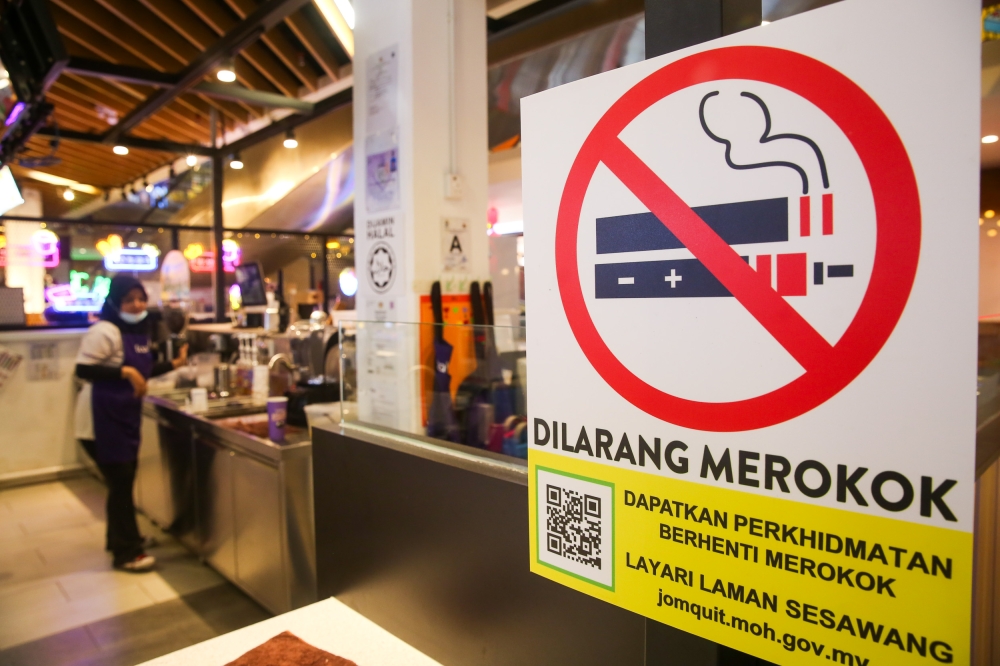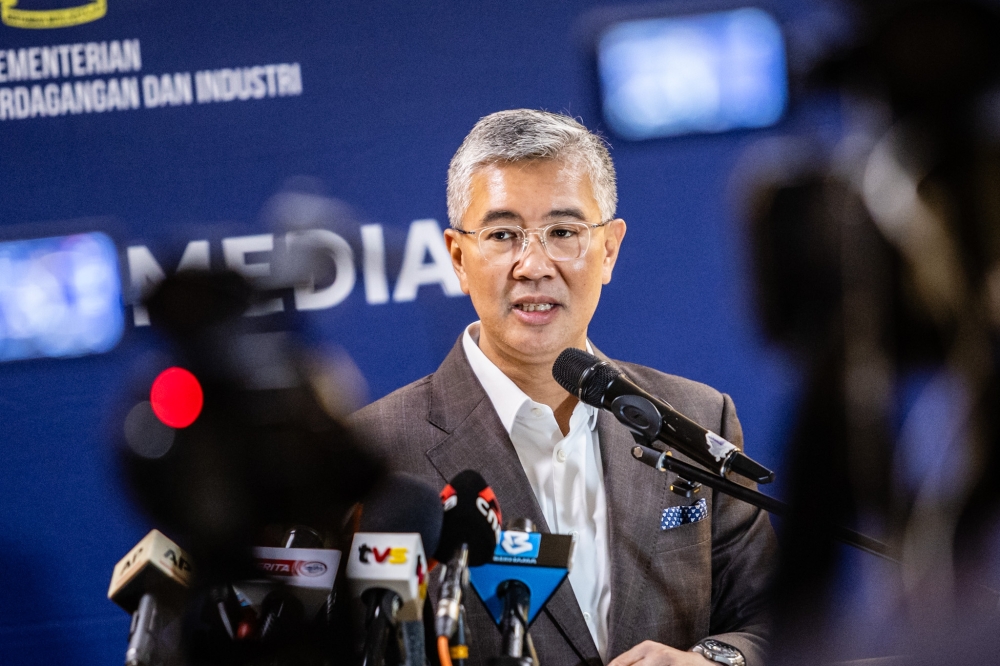AUGUST 18 — With the recent news of the Ministry of Health looking into banning vapes due to their impact on health and society, it is high time we look into the ramifications this hardline approach could cause. Since the time of the prohibition in the 1920s in the United States, we have seen how a hardline stance like this can totally backfire, and with the MOH’s current plan of a total ban, if implemented rashly or not holistically, we may see drastic consequences.
Due to data on e-cigarettes being limited, we will look into a comparison with cigarettes to come to an understanding of why a total ban may be regressive. As it stands in 2024, 55 per cent of cigarettes are illicit. This costs the Malaysian government RM 5 billion annually in missed revenue. Now, when we look at this in the case of a total ban on e-cigarettes, the first thing is we are losing a taxable revenue source. From 2021 to 2024, e-cigarettes and vapes collected RM 183.1 million in tax revenue. Yes, this is a far cry from cigarettes, but as the vape market grows — with Malaysia being the 12th largest vape market in the world — we stand to lose not only this revenue but also risk the rise of an illicit market. This can lead to massive consequences, ranging from loss of revenue, as we see with the illicit cigarette market, to health consequences.

The writer argues that a blanket vape ban could backfire like past cigarette policies, fuelling illicit trade, draining revenue and worsening health risks. — Picture by Choo Choy May
Over the years, we have seen a decline in the illicit cigarette market share, from its all-time high of 63.8 per cent in 2020 to 55 per cent in 2024. This drop can be attributed to the increase in the MOHA budget, which rose from RM 16.9 billion in 2020 to RM 19 billion in 2024. The reason why we are bringing this up is that, in order to combat the illicit market that may arise from vapes, we will probably need to increase this budget in order to combat this illicit trade. This battle will be continuous and will cost taxpayers a pretty penny.
In addition to that, banning may lead to the opposite outcome when it comes to health, as people who get their fix from the illicit market may use unregulated products that can cause life-threatening symptoms. One of the biggest criticisms of vapes comes from a sudden vape-related illness known as EVALI (E-cigarette or Vaping Product Use-Associated Lung Injury) that arose in 2019. This affected over 2,000 people in the United States, whereas in Malaysia in 2023, EVALI was suspected as a cause of death for a Malaysian vape user. But in the United States, it was found that most cases of EVALI were caused by counterfeit vape liquids that contained many more harmful toxins compared to regular liquids. These toxins ranged from pesticides to plasticisers. So, by banning, this can lead to the floodgates opening and allowing more toxic vapes into the Malaysian market, which can lead to a worse outcome for health.
A hammer-down approach may sound appealing in theory, but without a holistic strategy, it is unlikely to be effective. Malaysia first needs a comprehensive plan to combat illicit trade at its borders, or else, even with a ban, the illicit market will grow — putting us right back at ground zero. In the meantime, rather than imposing a total ban, the government could focus on stricter regulations, such as standardising e-cigarette liquid formulas to ensure they do not contain harmful chemicals that cause immediate and severe health risks. By addressing the problem from a micro perspective rather than only the macro, we can work towards more effective reforms and a healthier Malaysia.
*The author of this article is Yugendran T. Kannu Sivakumaran of Bait Al Amanah. Bait Al Amanah is an independent research institute that promotes policy and decision-making through sound, independent, and multidisciplinary research and analysis in areas of governance and democracy, economics, security, and issues of national importance.
**This is the personal opinion of the writer or publication and does not necessarily represent the views of Malay Mail.






